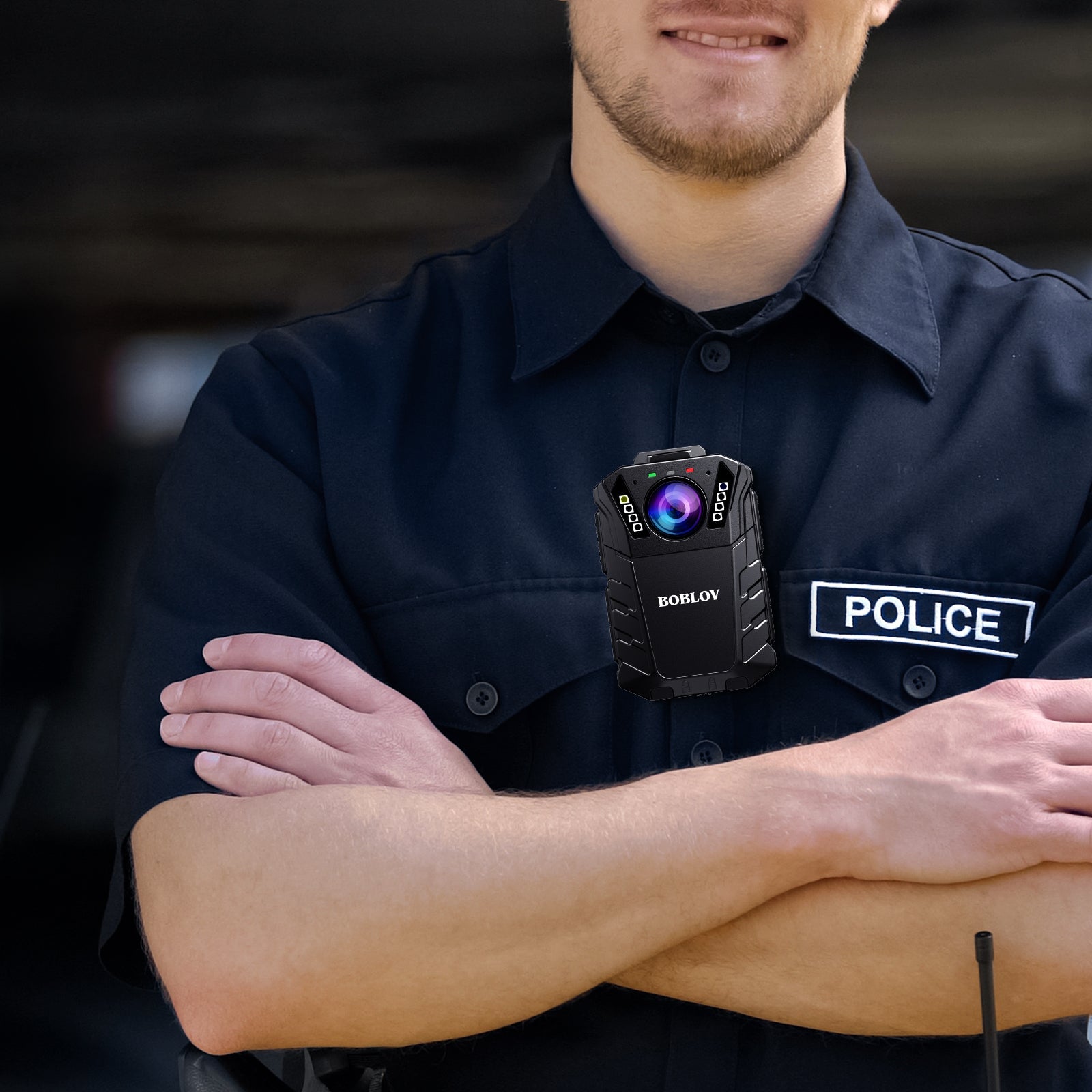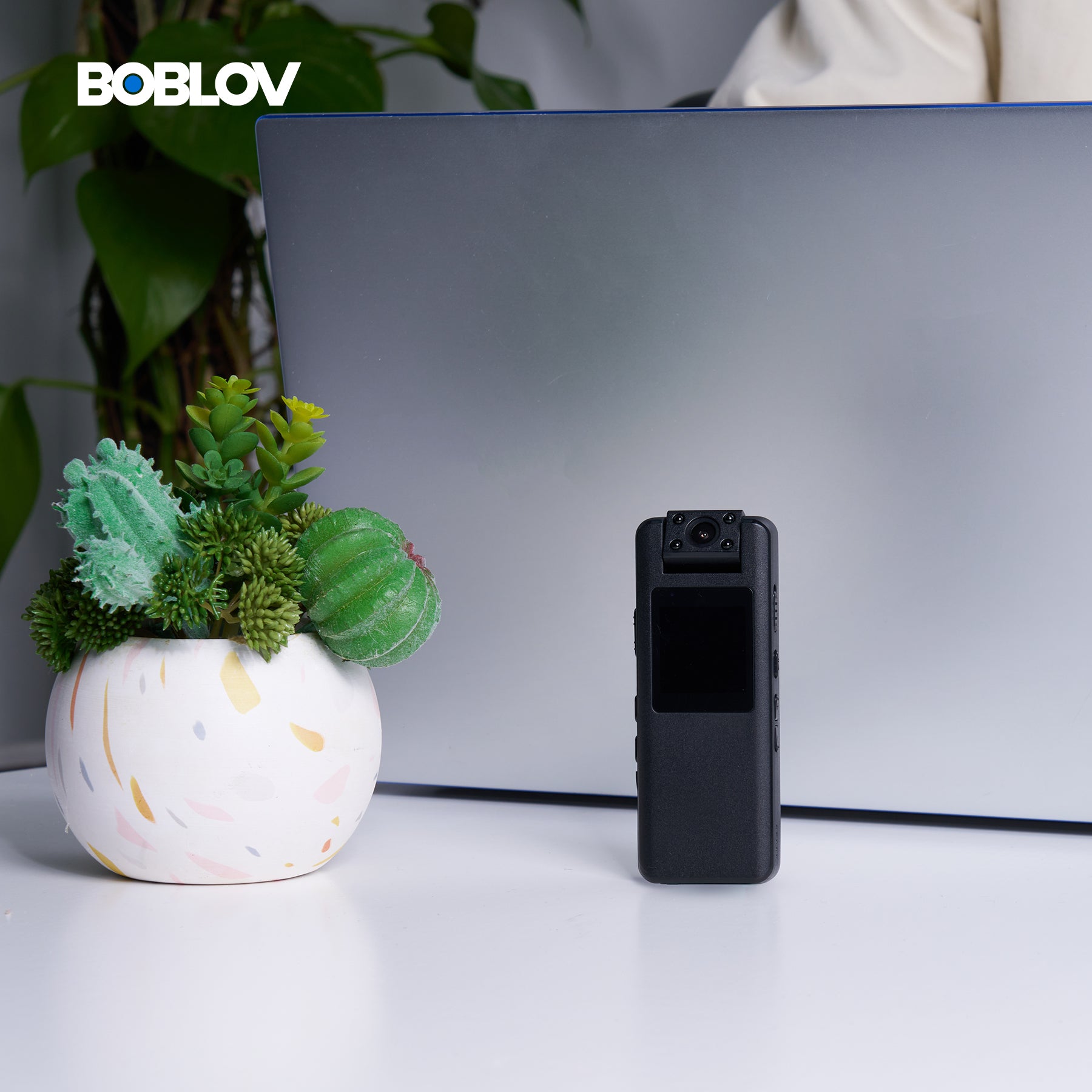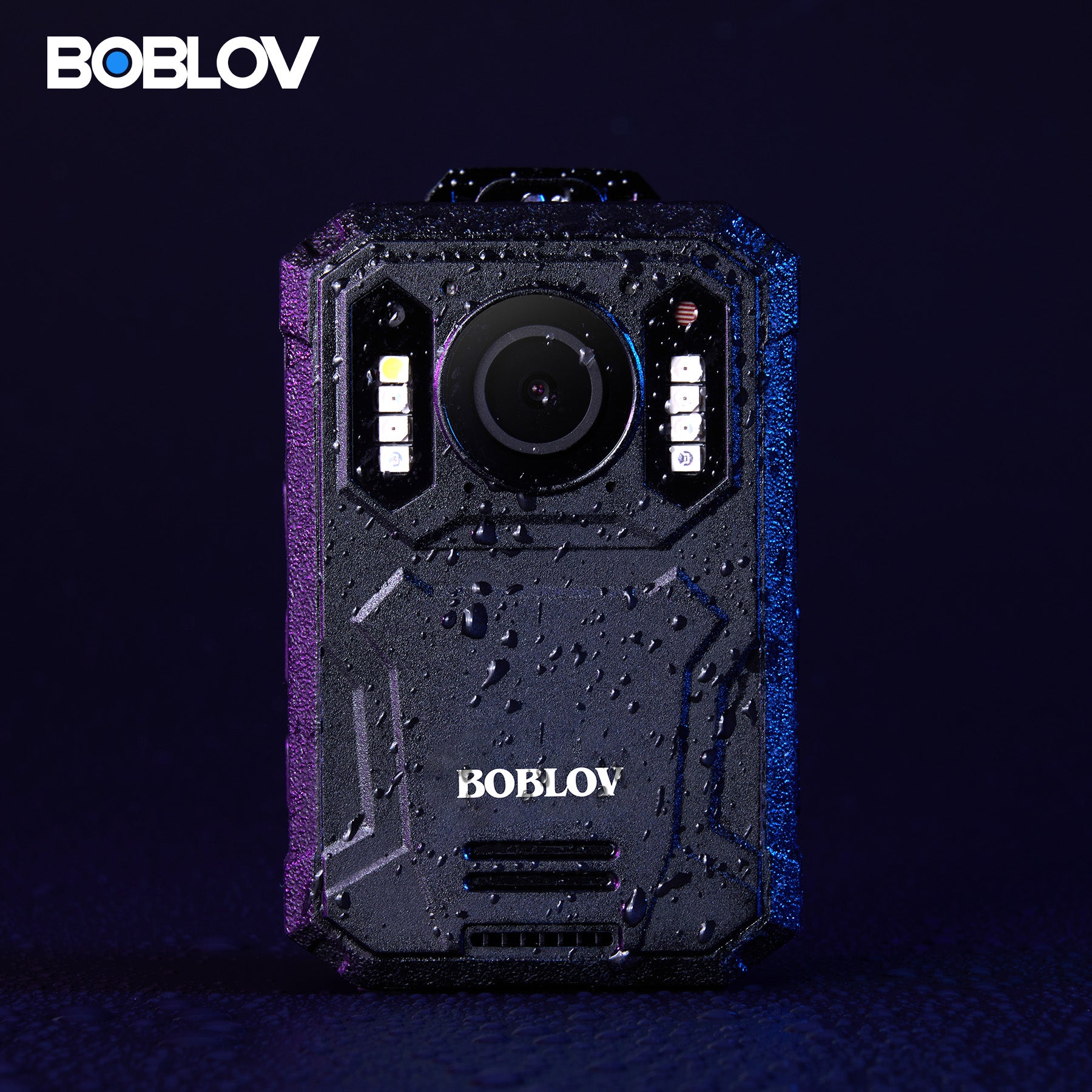The Evolution of Law Enforcement Technology: A Look at Body Cameras
The Inception of Body Cameras in Law Enforcement
The inception of body cameras in law enforcement marked a new era for public safety. Starting as simple, wearable video recorders, they were first adopted by a few police departments. These early devices were large and offered low video quality. But they began to change how officers documented incidents. The goal was to boost transparency and accountability. Soon, these gadgets gained momentum across the United States. Their use expanded rapidly after high-profile cases where video evidence was key. Now, they are vital tools in policing. They help build trust between communities and law enforcement agencies.
Technological Advancements in Body Cameras Over the Years
The tech inside body cameras has come far. Early models were simple. They just recorded video. Now, tech is better. Cameras are smaller and lighter. They record in HD. Some have night vision. Others stream video live. GPS is common in new cameras. They can mark where videos were shot. Some cameras have facial recognition. Others spot number plates. Bodycam tech keeps getting smarter. Battery life is longer too. Cops can wear them for full shifts. This is key for safety and trust.
The Role of Body Cameras in Modern Law Enforcement
Body cameras have become key in modern policing. They capture crucial evidence and events. This tech fosters trust and transparency between police and the public. It also helps in training and policy-making. Bodycam footage is vital in legal settings too. The devices protect officers and citizens alike by providing a clear record. They are powerful tools for accountability and reform in law enforcement.
Legal and Ethical Considerations of Police Body Cameras
The Impact of Body Cameras on Civil Rights and Privacy
The adoption of police body cameras has raised significant concerns about civil rights and privacy. These devices can protect the public by providing an unbiased record of police encounters, which can help in the fair assessment of incidents. However, there's an opposing view that body cameras can invade the privacy of citizens, especially during vulnerable moments. There's a delicate balance between maintaining public safety and respecting individual privacy, and this has led to a heated debate. Striking the right balance is crucial in a society that values both security and personal freedoms.
- Unbiased records of police encounters
- Help in fair incident assessments
- Possible invasion of citizens' privacy
- Balancing public safety with privacy
- Society values security and freedom
Regulatory Frameworks Governing the Use of Body Cameras
Body cameras have raised legal issues across the U.S. states. Laws differ on when to record and who can view footage. These laws affect privacy and transparency. Some states have strict rules. They limit bodycam use in sensitive areas. Other places allow wide use but with clear policies. These rules aim to balance safety and rights. They guide police on when to turn cameras on or off. Public access to videos also varies by location. All these foster trust and protect citizens' rights. Overall, these frameworks aim to ensure body cameras serve justice well.
Ethical Implications of Body Camera Surveillance
The use of police bodycams raises complex ethical issues. One concern is the privacy of citizens recorded. Both the public and officers have privacy rights to consider. The power balance in surveillance between police and public poses questions. There's also the risk of footage misuse, like bias in what is released. Ethical training for officers using bodycams is vital. This ensures they follow fair and respectful recording practices. Ongoing debates about the ethical use of body cameras continue. Addressing these can guide responsible use of this tech.
Market Insights: The Booming Sales of Police Body Cameras
Analyzing the Growth of the Police Body Camera Market
The police body camera market has seen rapid growth. More police departments are choosing to equip their officers with bodycams. This choice is due to a wish for transparency and accountability. These cameras record interactions with the public. Trust between the police and the people is said to be the main goal here. Bodycams are also key for evidence in legal cases. Studies suggest that when officers wear body cameras, complaints drop. This fact alone boosts sales. The costs for these devices are falling. This makes them more accessible to departments of all sizes. It is not just big cities buying these cameras now. Small towns are also investing in the technology. The demand is growing and the market is responding with new models and features. Advanced tech like better battery life and AI is coming into play. These add-ons make body cams even more valuable. We see a clear trend. Body camera sales are set to rise even more in the future.
Key Players in the U.S. Police Body Camera Industry
The U.S. market for police body cameras has a few key players. These firms lead in technology and sales. Major companies include Axon Enterprise, Inc., formerly Taser International. Digital Ally and WatchGuard Video are also big names. They make cameras and manage the data. These players are known for innovation and quality. They provide tech to most U.S. law enforcement agencies. The rise in demand keeps these companies growing.
Future Outlook: Trends and Predictions in Law Enforcement Tech
The future of law enforcement technology is poised for change, with bodycams at the forefront. Investments in AI and facial recognition are likely to augment the capability of body cameras, making them more effective in real-time crime solving and evidence gathering. Use of cloud storage and advanced data analytics could provide officers and departments with better insight from footage. Furthermore, integration with other policing tools, such as drones or smart guns, may become commonplace. Privacy-preserving tech will be key in balancing surveillance with civil liberties. Hence, we can expect body cameras to evolve into more sophisticated, multifunctional devices that enhance police transparency and accountability.




